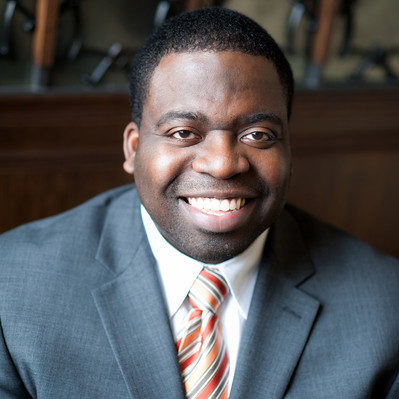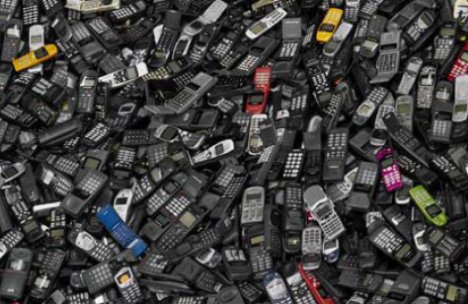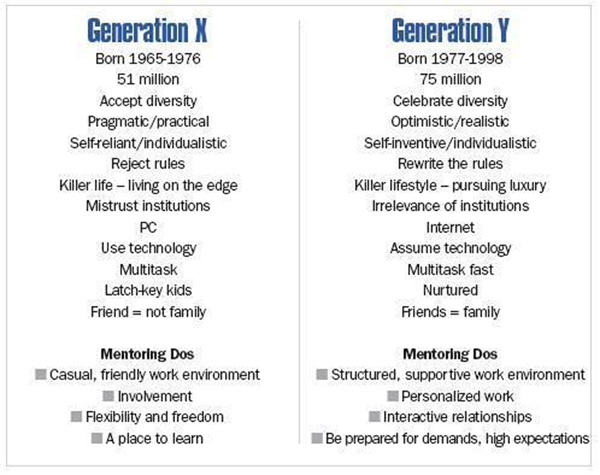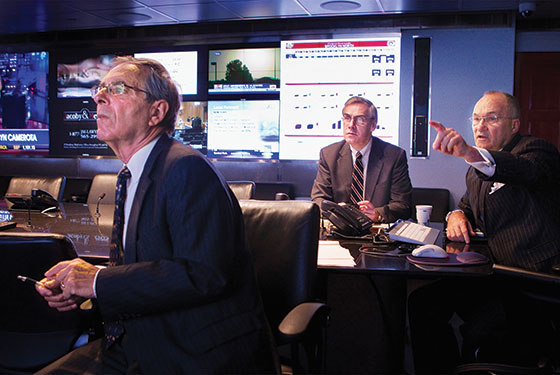politics/$
Politics & Money
Anti-unlocking law is barrier to internet access, phone recycling
StandardDCMA Anti-phone unlocking law will make the secondary phone market much more expensive. This will make internet access for many poor folks (many people of color) more expensive and will generate more trash for landfills (without resale, many people will just toss old phones).
trying to rewrite civil rights history, again
Videotrying to rewrite civil rights history, again:
“I think Martin Luther King’s dream has been fulfilled,” said Ron Christie, a Republican strategist who served as special assistant to President George W. Bush. “All men and women in this country are now treated equally. Legal discrimination has been outlawed.”
Still, there are differences of opinion even among conservatives on this point.
Artur Davis served as a Democratic congressman representing Alabama before ultimately abandoning the party after a failed gubernatorial bid. Davis, who describes himself now as “a center-right Republican,” spoke at the 2012 Republican National Convention in support of GOP presidential nominee Mitt Romney.
Davis argues that Republicans do themselves no favors when they insist that injustices have been banished.
“We do have racial inequality, we do have economic inequality that exists in this country,” he said “Any strain of rhetoric that seems to deny that inequality exists is destined to fall flat in the black community.”
Davis also contended that the GOP too often paid lip-service to “black outreach”.
Ron Christie sees what he wants to see. Artur Davis doesn’t see that he’ll never be too popular in his new party talking like that.Neither of them understand film and tv existed when Rev. Martin Luther King, Jr. was alive. Behold…evidence:
Gen X & Y haters show contempt for children they raised
LinkNYPD “Demographics Unit”
StandardSeems like an NYC runs its own COINTELPRO:
“A mosque is different than a church or a temple,” said a former senior NYPD official involved in the effort. “It plays a bigger role in society and its day-to-day activities. They pray five times a day. They’re there all the time. If something bad is going to happen, they’re going to hear about it in the mosques. It’s not as sinister as it sounds. We’re just going into the mosques. We just want to know what they’re saying.”
[…]Surveillance turned out to be habit-forming. Cohen and Sanchez’s efforts also reached beyond the Muslim community. Undercover officers traveled the country, keeping tabs on liberal protest groups like Time’s Up and the Friends of Brad Will. Police infiltrated demonstrations and collected information about antiwar groups and those that marched against police brutality. Detectives monitored activist websites and copied the contents into police files, including one memo in 2008 for Kelly that reported the contents of a website about a group of women organizing a boycott to protest the police shooting of Sean Bell, an unarmed black man killed the morning before his wedding: “This boycott was set for May 11, 2008 (Mother’s Day) there will be NO shopping for cards, flowers, clothing, shoes or dining out. Spend time with Mom at home, serve her dinner, or buy her flowers from a black-owned business. We can be effective if we unite in the name of our children.”
[…]
There were those in the NYPD itself who’d begun to doubt the program’s efficacy. Hector Berdecia was one of those. A sturdily built NYPD lieutenant with a shaved head and broad, boyish smile, Berdecia inherited supervision of the Demographics Unit in 2006 after a yearlong tour in Iraq with the Army
[…]Some of the rakers in his unit felt conflicted. They were cops, eager to protect the city. But they also knew they were building files on fellow Muslims—immigrant business owners and members of their communities who’d done nothing wrong.
Berdecia reassured them there was nothing insidious about what they were doing. They weren’t collecting anything that couldn’t be observed by any other member of the public.
“At the very least, we can eliminate this guy from our list if he’s not a terrorist,” Berdecia told his men. “And we can find out who the terrorists are. And that’s your job.”
The truth, though, was that raking didn’t eliminate anybody from a list. It just expanded the NYPD’s files. One Brooklyn business that the NYPD labeled a Bangladeshi hot spot, for instance, was a restaurant named Jhinuk. The list of “alleged activities” included being a “popular location for political activities” and attracting a “devout crowd.”
[…]Because the rakers never received specialized training, their reports contained numerous errors. Sephardic Jews and Lebanese Christians were mistaken for Syrian Muslims.
via: Has the NYPD’s Demographics Unit Stopped Any Terror Plots? — New York Magazine.
Also, for the record: some catholics go to mass daily and many protestants tend to ministries daily and many jewish folks are in synagogues multiple times a week and many muslims are active in mosques but aren’t there 5 times a day. It’s just a different way of saying: churchgoers be all like: “I am going to mass every day”. and mosque goers be like: [angry voice] “I am going to mosque every day”.
Russian Army Choir covers Adele’s “Skyfall”
VideoBleach Bombs are so Post-Racial
LinkIt’s not the same because they arrested the killers
Linkthis is the red line
LinkRead It: “A Republican’s Story”
LinkFukushima? Still Happening
LinkNo new friends
StandardWhy so little hiring? Make the current employees do it:
A related interpretation, favored by Steven Davis of the University of Chicago, Jason Faberman of the Federal Reserve Bank of Chicago and John Haltiwanger of the University of Maryland, is that companies have reduced their “recruiting intensity.” They advertise jobs but don’t have much interest in filling them.
But it is consistent with anecdotal evidence that external applicants are facing more onerous interview processes and that companies are hiring outside job candidates only slowly and cautiously.
Companies have a certain amount of work to be done to make money. If they can use various pressures to make workers accept more responsibilities for the same money they are effectively cutting costs and making the positions new hires would fill redundant. So they don’t have interest in filling them because it costs money (even before factoring in the fact that hiring and training is expensive). With more to do and the same paycheck it’s a way to decrease workers benefits without decreasing workers benefits.
Overwork can negatively affect an employee’s ability to meet expectations to compete for career advancement, being able to actually take paid time off and cash compensation per real work hour.
Your info is always for sale
LinkMedian wage for U.S. fast food worker: $8.94/hr
LinkBarbara Lee on Income Inequality
LinkLead & Crime
LinkConan O’Brien Interviews Statistician Nate Silver
VideoSince Nate Silver has announced his move from the New York Times to Disney aka ESPN and ABC I wanted to post an interview with Silver that wasn’t of the antagonistic “aren’t you lucky” or the self involved media claiming “the real winner of the election was Nate Silver” sort. Conan O’brien did a good job of that when he talked with Silver during his “Serious Jibber Jabber” web series.
Statistician Nate Silver – Serious Jibber-Jabber with Conan O'Brien – CONAN on TBS – YouTube.
Nate Silver and other (even right wing) statisticians/modelers who use sound methodologies and helped those of us who paid attention have some empirical cocoon to avoid the hysteria willingly wrapped around every sound bite, non scandal or spin in long American Presidential election seasons.
Sen. Elizabeth Warren advocates for new Glass-Steagall on CNBC’s Squawk Box
VideoSenator Elizabeth Warren is advocating simply for regulations that were around when banks were not TBTF. Glass-Steagall was in place when Bear Sterns and Lehman and other banks were still alive and seemingly invincible so I don’t see why CNBC anchors are so against it. None of their reasons are: it’s bad for business or banks. Instead, it’s arguments against the process of legislating or saying this alone won’t solve the problem.
Glass-Steagall simply makes it so that instead of an executive being able to say fork over those deposits! to a consumer banking division head, they have to actually make compete to invest cash from many consumer banks that are independent of investment banks. The simple argument for Glass-Steagall is that the purpose of an investment bank does not track with that of a consumer bank. So let them compete for consumer bank investment dollars in a market as opposed to command them in a closed supply chain. It won’t say stop a future financial crisis all on it’s own.
For the record: former liberal representative Barney Frank and primary sponsor of Dodd-Frank is opposed to Glass-Steagall proposal by Senators Warren and John McCain and says so on CNBC this past Monday. He argues that Glass-Steagall is only banks and much of the damage that occurred in 2007 happened outside of banks (see AIG, Bear Sterns, Lehman and derivatives trading). He makes the good point: securities were designed so a lender didn’t have to worry about not getting repaid so bad loans could be bundled and sold off the books to suckers. But he also makes the point: Congress has underfunded Dodd-Frank implementation which has prevented these safe guards.
I think Frank is off on this because Glass-Steagall would help to make failed banks easier to wind down (consumer or investment) and make consumer banking a safer bet for consumers in general. It isn’t to prevent failures, it would make them manageable. The constant undercurrent in these CNBC conversations is: this wouldn’t “stop” bank failures or TBTF. I think it would help mitigate some of the problem by making bank failures manageable by shrinking their conflicts of interest, simplifying their creditor relationships and is worth passing. With regards to AIG, I would hope that a Glass-Steagall type law would declare that underwriting and issuing credit default swaps is an investment bank activity and should require AIG to spin off a wholly separate investment bank, just like a bank would have to under Glass-Steagall.
Timing is everything
Video
KTVU was fed racist names for Asiana 214 Pilots:
Think about this: someone at the NTSB or KTVU thought the precious broadcast moments after a plane crash were perfect for racist jokes. There is a special cruelty in this racist prank.
What timing.




